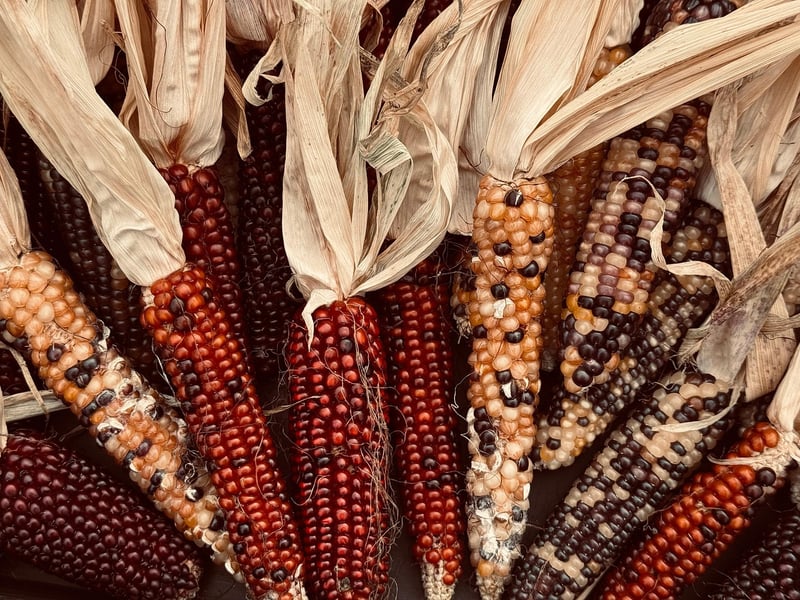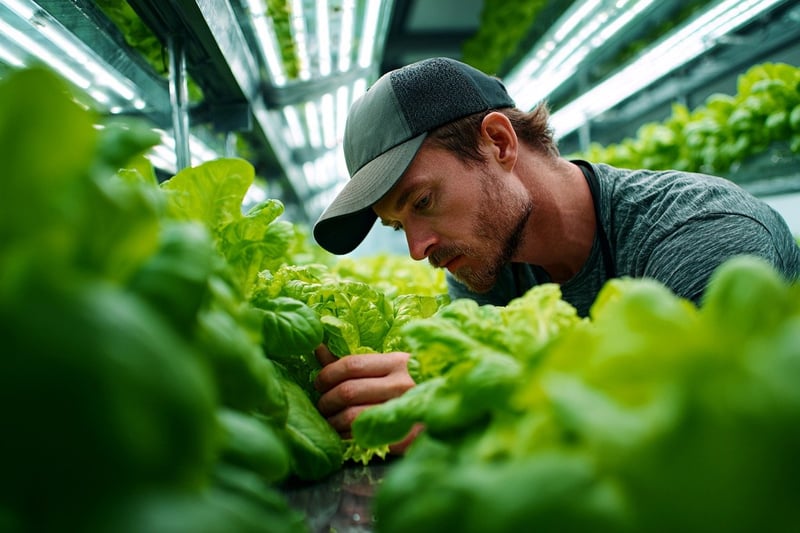Hydroponics Systems
The Future of Agriculture: Modern Farming Techniques and Hydroponics Systems
Farming has been a fundamental part of human civilization for thousands of years, providing sustenance and livelihood to communities around the world. Over time, the agricultural industry has evolved significantly, embracing modern technologies and techniques to increase efficiency, sustainability, and productivity. One such innovation that is revolutionizing the way we grow crops is hydroponics.
Modern Farming Techniques
Modern farming techniques encompass a wide range of practices and technologies aimed at optimizing the crop production process. These techniques include precision agriculture, vertical farming, aquaponics, and hydroponics, among others. By leveraging advancements in science and technology, farmers can now grow more food using fewer resources and in a more environmentally friendly manner.
Precision Agriculture
Precision agriculture involves using data-driven technologies such as GPS, sensors, drones, and AI to monitor and manage field variability in crops. This enables farmers to apply inputs like water, fertilizers, and pesticides more efficiently, ultimately reducing waste and increasing yields.
Vertical Farming
Vertical farming is a method of growing crops in vertically stacked layers, often in controlled environments like warehouses or shipping containers. This approach maximizes space utilization and allows for year-round cultivation, independent of climate conditions.
Aquaponics
Aquaponics combines aquaculture (fish farming) with hydroponics, creating a symbiotic ecosystem where fish waste provides nutrients for plants, and plants help purify the water for the fish. This closed-loop system is highly efficient and sustainable.
Hydroponics Systems
Hydroponics is a soilless farming technique where plants are grown in nutrient-rich water solutions. This method eliminates the need for soil, allowing for precise control over plant nutrition and growth conditions. Hydroponic systems come in various forms, including:
- Nutrient Film Technique (NFT): Plants are grown in a shallow stream of nutrient-rich water.
- Deep Water Culture (DWC): Plants are suspended in a nutrient solution with their roots submerged.
- Drip System: Nutrient solution is dripped directly onto the plant roots.
- Aeroponics: Plants are grown in an air/mist environment with nutrients delivered through misting.
Hydroponic systems offer several advantages over traditional soil-based farming, including higher crop yields, faster growth rates, water conservation, and space efficiency. These systems are particularly beneficial in urban areas with limited land availability.
The Future of Agriculture
As the global population continues to grow, the demand for food will increase, putting pressure on traditional farming practices. Embracing modern farming techniques like hydroponics is crucial to ensuring food security, reducing environmental impact, and promoting sustainable agriculture for future generations.
By harnessing the power of technology and innovation, farmers can overcome challenges related to climate change, land scarcity, and resource depletion, paving the way for a more resilient and efficient agricultural sector.

Join the agricultural revolution today and discover the endless possibilities that modern farming techniques and hydroponics systems have to offer!
